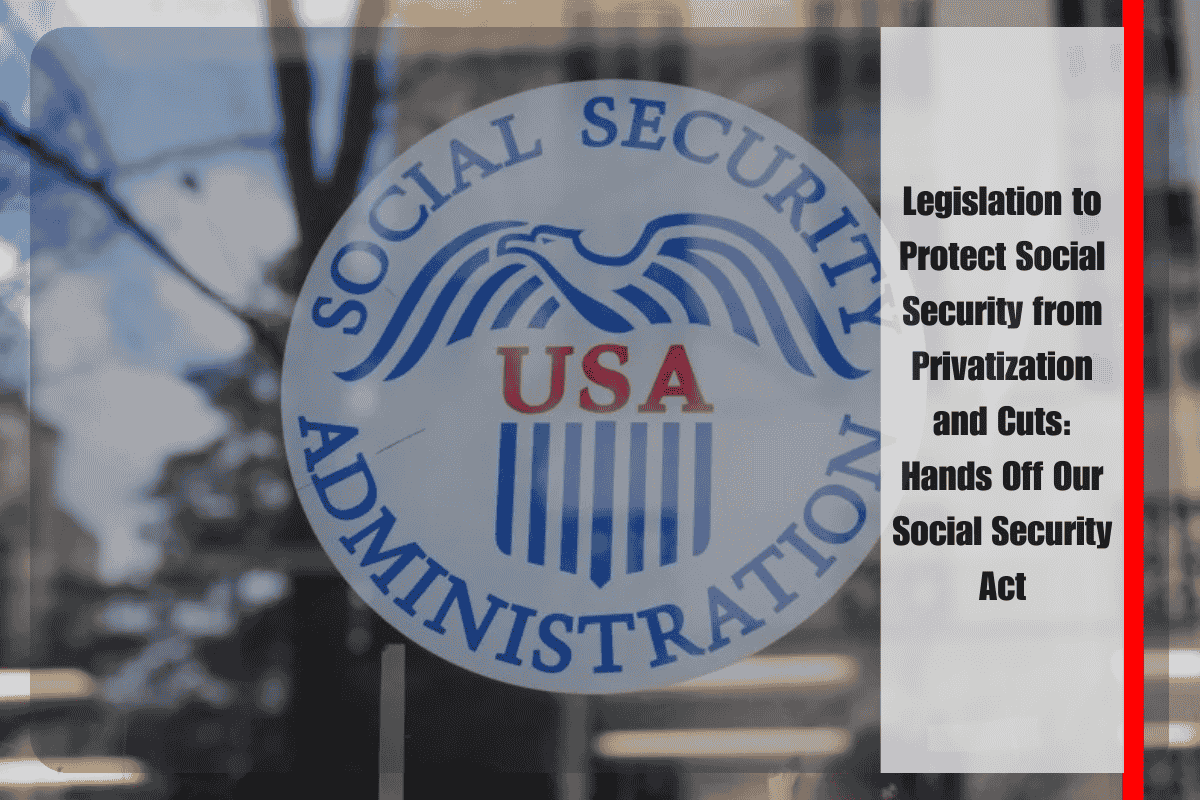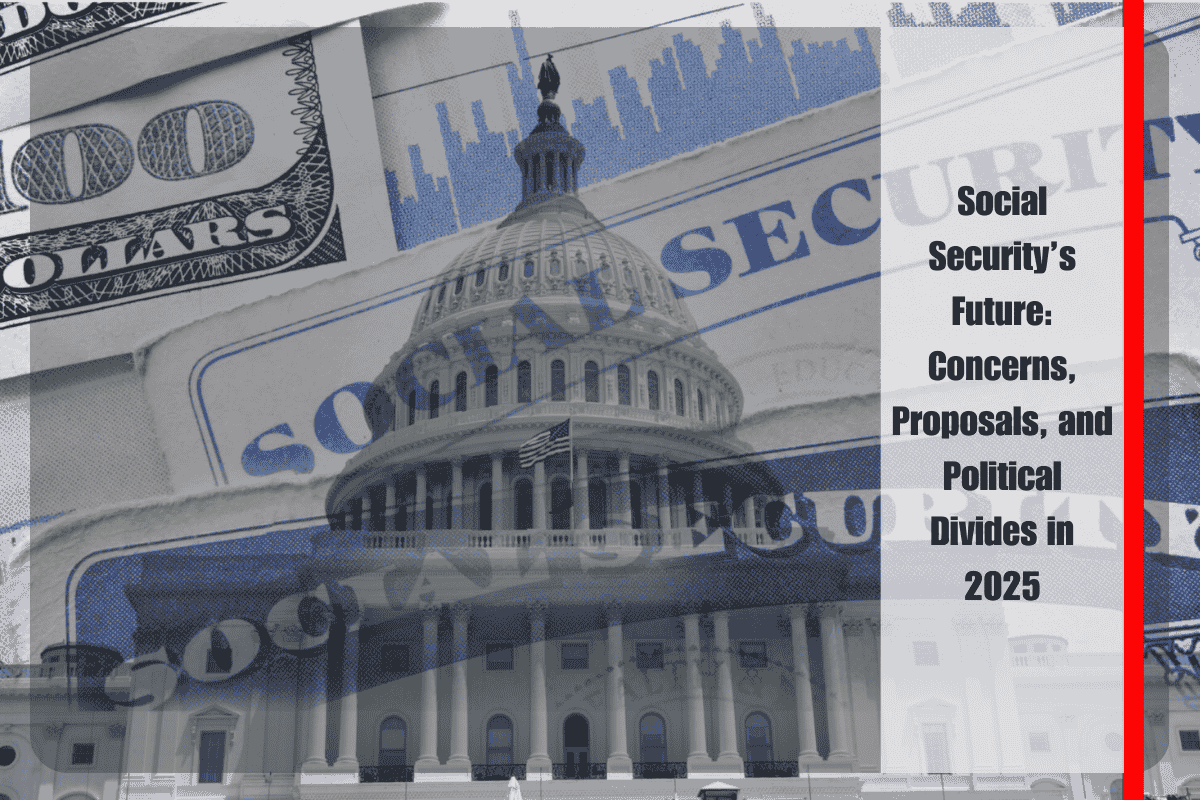Members of Congress have introduced new legislation aimed at safeguarding Social Security from potential privatization and service cuts. The “Hands Off Our Social Security Act,” introduced by Representative Melanie Stansbury and other key lawmakers, seeks to prevent significant changes to Social Security without congressional approval. The bill comes at a crucial time when the Social Security trustees have warned that the program’s retirement trust fund could be depleted by 2033, risking automatic benefit reductions unless Congress acts.
Key Provisions of the Hands Off Our Social Security Act
The bill includes several important protections for Social Security beneficiaries. It would:
- Block efforts to privatize Social Security services or administration.
- Require congressional approval for significant reductions in staffing at the Social Security Administration (SSA).
- Prevent the closure of SSA field offices without a detailed impact report and congressional consent.
- Ensure continued access to phone and in-person customer service options for beneficiaries.
- Mandate annual audits by the Government Accountability Office (GAO) to assess SSA staffing and operations.
Why It Matters
As the Social Security program faces financial challenges, with the retirement trust fund projected to be exhausted in less than a decade, there are growing concerns about efforts to reduce or privatize the system. The new bill is designed to protect the more than 70 million beneficiaries who rely on Social Security for their retirement and disability income. Lawmakers argue that these protections are necessary, especially as the SSA undergoes staffing reductions and modernization efforts that critics claim could harm the system’s ability to serve its beneficiaries.
Representative Stansbury, who spearheaded the bill, emphasized that Social Security is a promise that Americans earn through their hard work. She expressed concern over efforts that could “gut the system” or make it harder for people to access the benefits they are entitled to.
Challenges to Passing the Bill
While the bill has garnered support from Democrats, its passage in the Republican-controlled Congress is unlikely, according to experts. Kevin Thompson, CEO of 9i Capital Group, noted that the bill’s chances of passing would require support from some Republicans, which is seen as highly unlikely given the current political landscape.
Despite the challenges, the bill’s sponsors are determined to push it through committee, hoping to raise awareness and spark broader Congressional attention to the potential risks facing Social Security.
Criticism and Concerns
Critics, including financial experts, argue that while the bill offers valuable protections, it may not be enough to address the broader financial challenges facing Social Security. Some argue that the real solution lies in addressing the program’s funding shortfall, which could require a combination of revenue increases, benefit formula changes, or other reforms.
Moreover, some experts have pointed out that the legislative focus on operational cuts—such as staffing reductions and field office closures—could have a more immediate impact on Social Security beneficiaries than changes to benefit formulas or other structural reforms. As Michael Ryan, a finance expert, explained, “The real damage often happens through operational cuts… when you slash 7k employees and threaten field office closures, you’re making it nearly impossible for people to claim their benefits.”
Looking Ahead
As the Social Security system approaches a critical point, the “Hands Off Our Social Security Act” seeks to protect current and future beneficiaries from actions that could undermine the program’s reliability. However, with political polarization at an all-time high, it remains uncertain whether the bill will gain sufficient support across the aisle. The looming Social Security crisis will likely require a combination of measures to address funding shortfalls, and the debate over how to ensure the program’s long-term stability continues to unfold.












